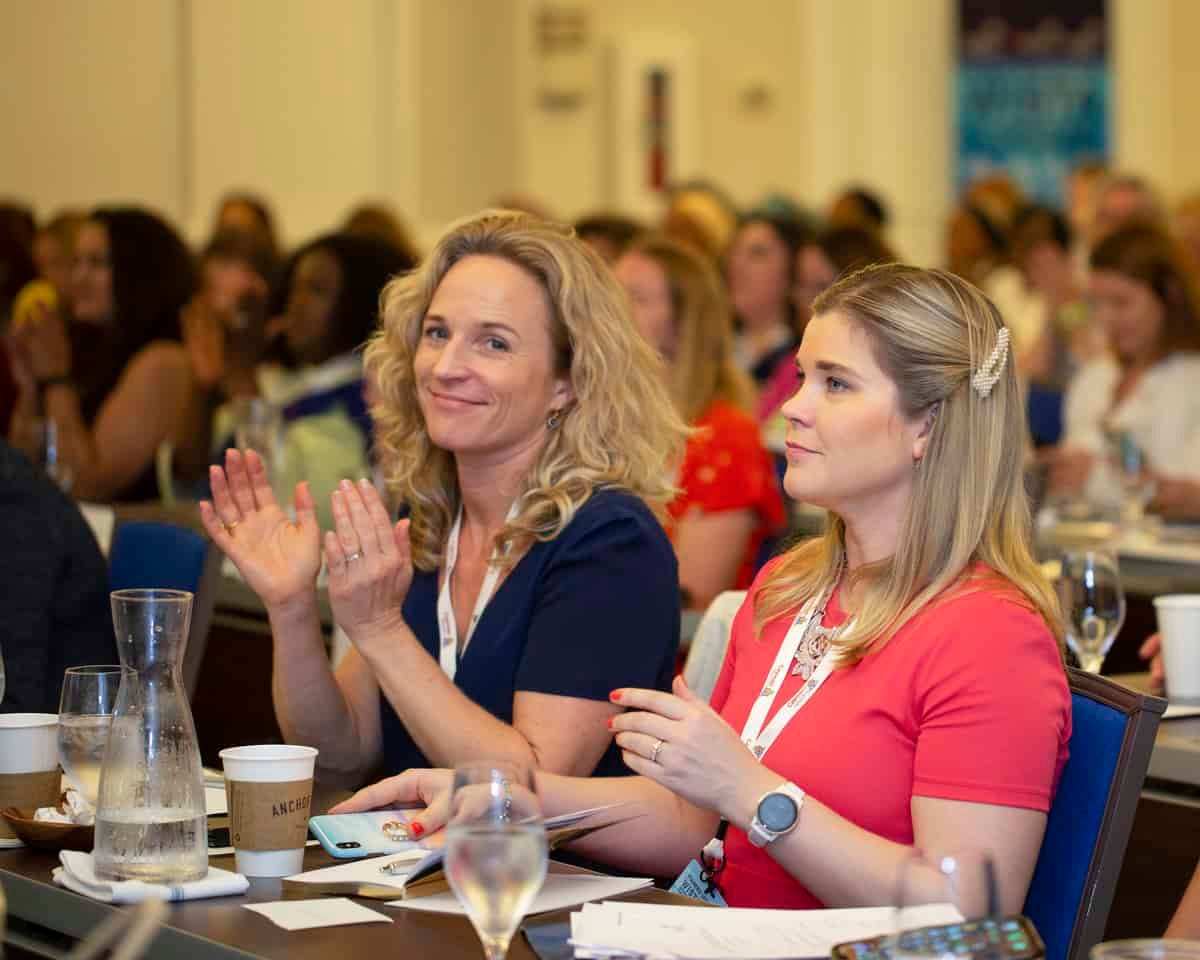Massterly Vice President Pia Meling said the company jointly owned by Kongsberg Maritime and Wilhelmsen was not launched to eliminate human jobs.
“Our purpose is not to take the jobs of the seafarers on oceangoing ships. It is actually to contribute environmentally friendly and cost-efficient and sustained maritime logistics that can enable transportation of ships at sea. We are talking about competing with roads and trucks,” Meling said at the annual conference of the Women’s International Shipping & Trading Association (WISTA) in the Cayman Islands.
Massterly, founded last year and headquartered in Lysaker, Norway, touts itself as the first company established to operate autonomous vessels. Its name comes from the acronym for a maritime autonomous surface ship (MASS), defined by the International Maritime Organization as a vessel that, “to a varying degree, can operate independently of human interaction.”

“Trucks of course pollute and are involved in accidents, and there’s a lot of congestion around our cities all over the world. And there is a big political will to move goods from road to sea. But the problem is those trucks are dirt cheap,” Meling said. “That’s where autonomy comes in because you can reduce the crew costs, even remove the crew totally for some vessels potentially or reduce the number of crew. You can get to a lower cost base for shipping, meaning that it’s a new market for the maritime industry.”
Meling is a maritime industry veteran. The president of WISTA Norway, she previously worked for dry bulk operator Klaveness. She also was the marketing and communication manager for scrubber manufacturer Clean Marine and an area sales director for Wilhelmsen Ships Service.
She said Massterly is working with Norwegian authorities “to get approval to operate vessels on Level 4 autonomy as it has been defined, which means unmanned but with a shore control center and skilled operators sitting in that shore control center monitoring the voyage and also able to intervene if needed. We need to prove that this is equally safe or safer than conventional vessels.”
Level 4 autonomy means there will be “sensors on board the ship that will replace the eyes and ears of the crew,” she said. “Fundamentally, the captain aboard ship has now moved to a shore control center. That person is still responsible, is still liable. The ship management company is still liable. … It is not as drastic as one would think. The location of the people has changed, but there is a still a captain role on shore and there’s still the same responsibilities for the ship management company.”
Massterly is working with Norwegian grocery distributor ASKO to reduce its reliance on trucks. The Norwegian government has awarded ASKO 119 million krone (US$13 million) to help fund the development of a zero-emissions logistics chain that will involve two autonomous vessels crossing the Oslo Fjord. Massterly is preparing preliminary documentation and helping obtain approvals for shore-based operation of the vessels along the sailing route.
“They have decided to build two vessels that can take them across the fjord with the trucks on board instead of driving to the big city,” Meling said. “We’re looking at the Tesla trucks — zero-emission electric trucks — and also building two of these small ro/ro vessels. … It’s a very simple design but can carry 16 trailers of the trucks across the fjord. It can replace 150 truck trips per day and save 5,000 tons of CO2 per year. It’s also a fully electric vessel.”
Massterly is partnering with Samskip, Europe’s largest multimodal operator, and hydrogen integrator HYON on Seashuttle, a project to bring emissions-free, autonomous container ships to market. Seashuttle has received nearly 61 million krone in Norwegian government support to develop two fully electric ships connecting Poland, Sweden and Norway. The vessels will use hydrogen fuel cells for propulsion.
Meling said other advancements in the maritime industry include a Japanese tanker owner working on zero-emission bunker vessels for Tokyo Bay and a ferry operator using auto-docking functionality.
And then there’s the world’s first fully autonomous container vessel, Yara Birkeland, currently under construction in Norway and set for sea trials in the second quarter of 2020. The zero-emissions vessel will transport agricultural products company Yara’s fertilizer on short-sea voyages.
Meling granted that these early projects do not make sense from a cost perspective. “I must be honest about that, especially the building cost of the vessel. It’s two or three times on all pieces of equipment,” she said. “For the future, you can probably get the capex down. Opex will be a lot less, especially for short-sea vessels.”
The world’s military superpowers already use autonomous technology, a fact that prompted Kathy Metcalf, president and CEO of the Chamber of Shipping of America, to ask, “Is anybody in this room ready to get on an airplane without a pilot?”
Metcalf, also a speaker at WISTA’s conference Oct. 29 to Nov. 1, wondered if the maritime industry should employ autonomous vessels, which she does not believe will be crossing oceans anytime soon. “Because we can, does it mean we should?”
She said her colleagues also have to consider what life would be like on a vessel with just a handful of crew members.
“We’ve had a number of discussions about seafarer welfare. What kind of social environment do we create on a ship with four people, all of which are on watch at one time? That is an issue.”







